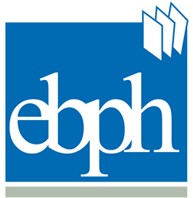Health technology assessments on human papillomavirus vaccinations in Europe: a survey from VENICE network
DOI:
https://doi.org/10.2427/5623Keywords:
Papillomavirus Vaccines, Healt Technology Assessment, Immunization Schedule, National Health ProgramsAbstract
Background: VEnIcE II is a project funded in 2008 by the European centre for disease Prevention
and control to collect information on the national vaccination programmes, to increase their knowledge
and to know the impact of new vaccines introduced in member states (MS). In 2006-2007, two vaccines
against human papillomavirus (HPV) were authorized in Europe.
MEtHodS: an online survey was carried out to investigate the decision-making process undertaken
regarding the potential introduction of the HPV vaccinations into MS national immunization pro-
grammes as well as to investigate the modalities of implementation of the vaccination programmes.
there were specific questions about health technology assessment and reports of the countries that had
carried them out were reviewed.
rESultS: In 21 of the 29 MS, the national advisory body recommended to introduce HPV vaccination in
their national immunization schedule and in 18 countries introduced it. only 6 countries have realized
a health technology assessments (Hta) report, each one with different methodology, but in all of them
both vaccines show positive evaluations.
concluSIon: From the available Hta, HPV vaccination is cost-effective under the assumption of a life-
long protection. Screening programme for cervical cancer and HPV vaccination programme should be
always complementary. organizational aspects need to be taken into account to improve the vaccina-
tion. HPV vaccination should target girls before the debut of their sexual life. Instead HPV vaccination
of boys has not been demonstrated as bringing significant epidemiological benefits and has not been
shown as being cost-effective.





